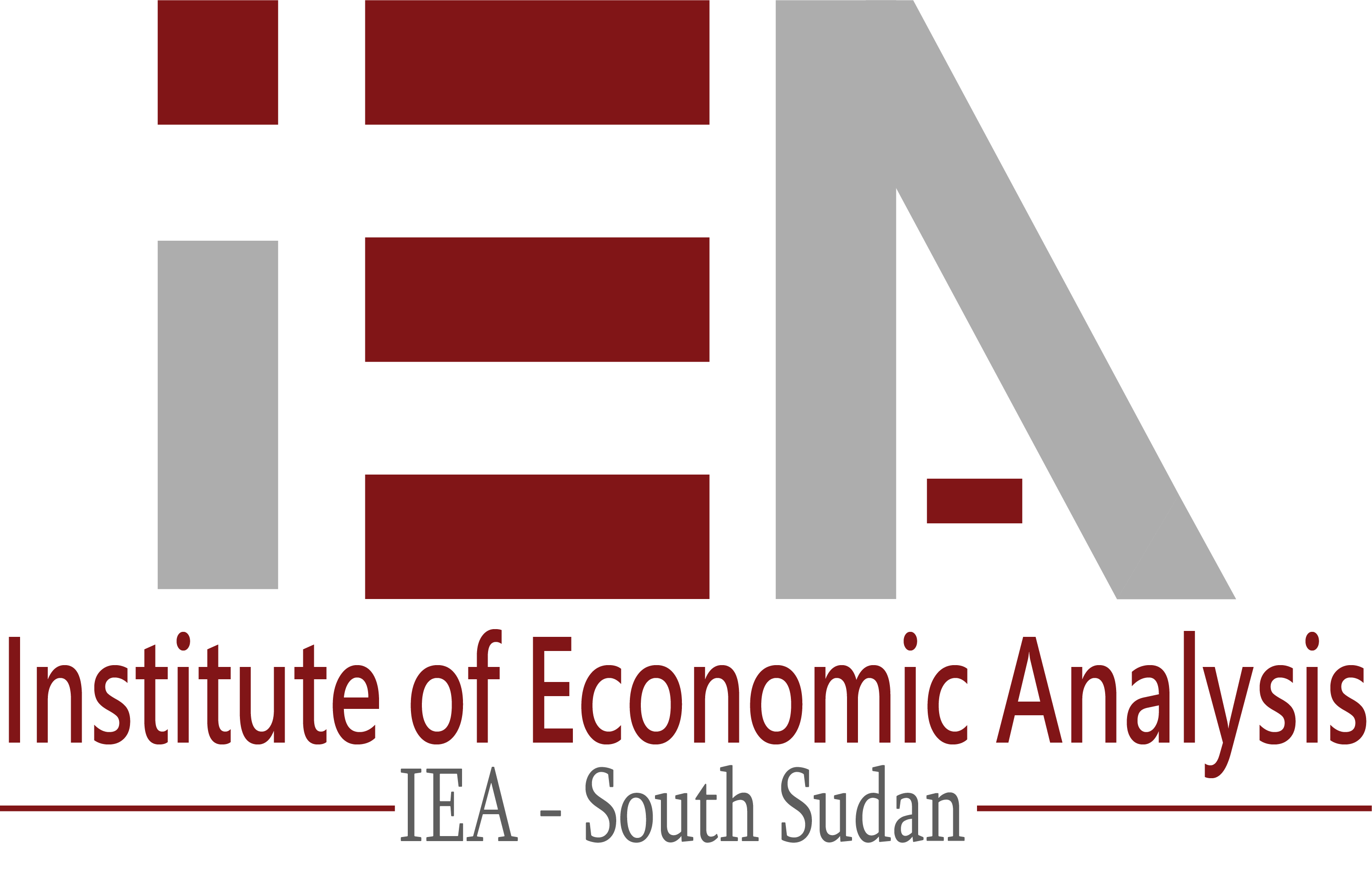Climate, Energy and Infrastructure .
In South Sudan, 95 per cent of livelihoods depend on traditional rain-fed agriculture, crop farming, pastoralism and animal husbandry, climate shocks will likely lead to an increase in livestock mortality and a decline in the amount and viability of land farmers can cultivate. The traditional seasonal migration routes of pastoralists risk being disrupted, which will further increase the risk of conflict. In case of conflict, household will have access to fields, livestock and incomegenerating activities, disrupting trade and market functioning, driving up food prices and constraining humanitarian access. In turn, this is likely to make the country extremely volatile and fragile due to disruption of livelihood and economic activities. As such, IEA will seek to interrogate how climate breakdown disproportionately impacts workers and communities and foregrounding economic strategies which can help to tackle the climate emergency through mitigation and adaptation efforts.
